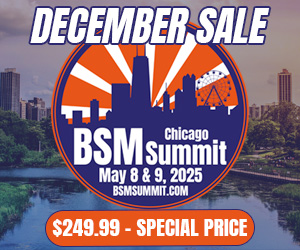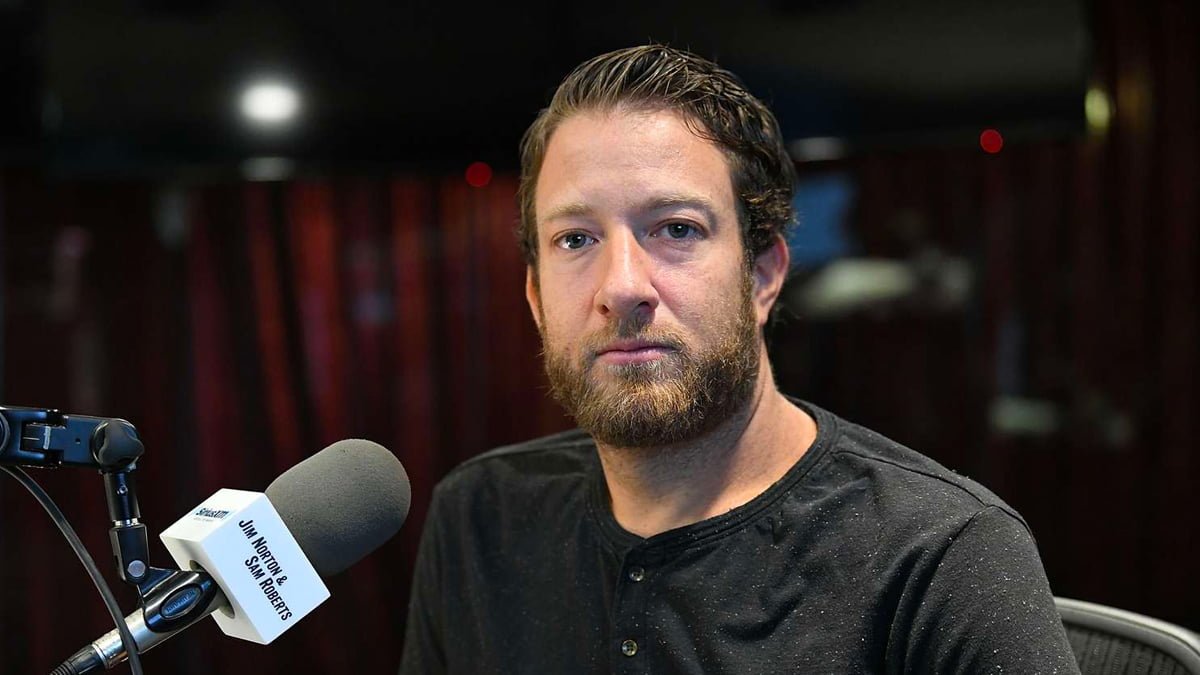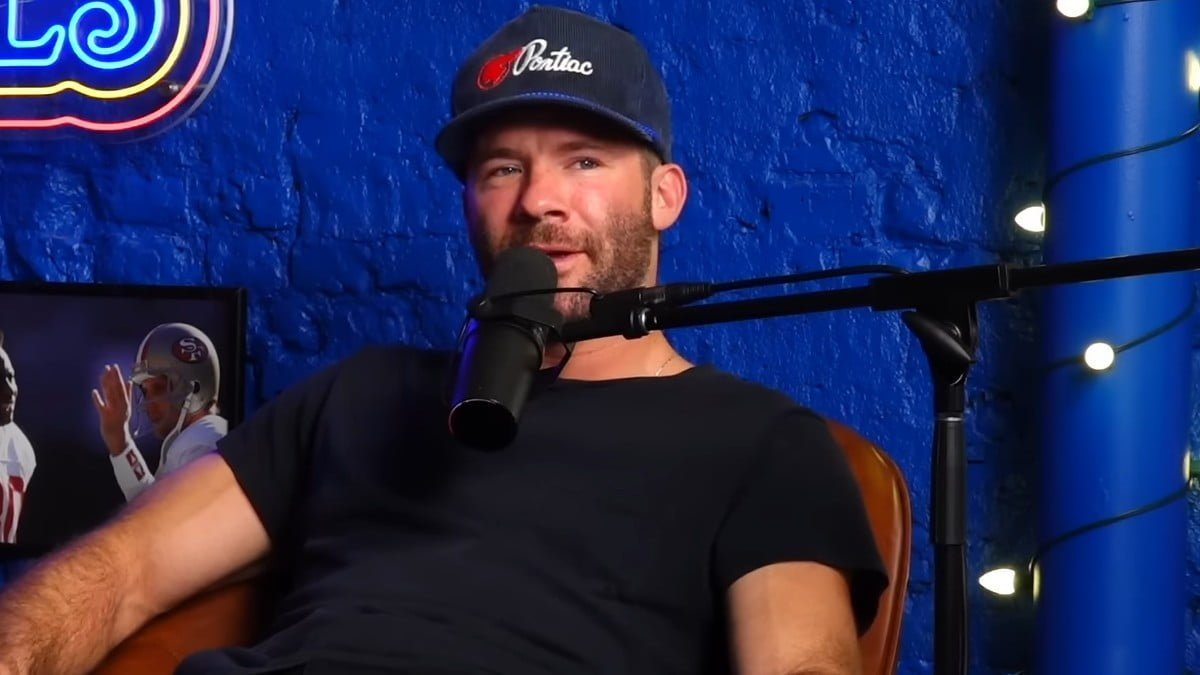It’s easy to fall into the trap of talking about technical features and company achievements with radio advertising prospects without considering the essential question: “What’s in it for me?” (WIFM) from the client’s perspective.
We often get caught up in showcasing the bells and whistles of our stations—the audience reach, the sophisticated technology, and the awards we’ve earned.
However, the heartbeat of successful sales isn’t just about these features, it’s about translating them into tangible benefits that directly address the needs and challenges of our potential clients. Here are some common pitfalls in our sales approaches and strategies to get prospects to listen to “WIFM”.
Focusing Solely on Product Features
We all sometimes get caught up in detailing our radio stations’ technical specs and features without translating those features into tangible benefits for the prospect. We love to point out that our all-sports station is on AM and simulcast on digital FM.
We need to connect them directly to the prospect’s needs or problems, which might result in a disconnect.
Instead, we could say that we reach two audiences for the price of one. 45-65-year-olds are on AM, and 25-44-year-olds are on FM. More bang for your buck!
Talking About Company Achievements
While our station won the “Best radio station in XYZ town” award from the local media, which might be impressive, prospects are often more concerned about how these accolades directly benefit them.
We need to bridge the gap between our survey win and how our listeners are proud of listening to the station and will trust the recommendations we give our listeners when it comes to buying from our prospect.
Generic Pitches
Not tailoring the pitch to suit the prospect’s specific needs or pain points is a huge miss. When we use generic, one-size-fits-all approaches, we miss the opportunity to highlight how their product or service addresses the prospect’s unique challenges or goals.
Don’t tell a car dealer he needs to sell more new cars when he wants more used sales and service business.
Failure to Listen Actively
Sometimes, we focus too much on delivering our deck without actively listening to the prospect’s concerns or desires.
Pay attention to the prospect’s feedback or cues, and maybe even ask them if anything has changed before you start the presentation.
Forget About “Across the Street”
Constantly highlighting how your station is superior to competitors without explaining how it benefits the prospect is counterproductive.
For example, if your station does a limited number of endorsements, tell the prospect they will stand out amongst the other advertisers better cause they are part of a select few live endorsements.
Prospects want to know why your idea is right for them, not just that it’s better than your competition.
What’s the ROI?
A sales pitch that doesn’t explicitly outline the return on investment (ROI) or demonstrate the value the prospect stands to gain falls short.
Running spots can outrun ‘turtle-like’ positive word of mouth or Google reviews, like the Roadrunner. Tell them that.
Too Much TSL or CPM talk
Using industry jargon without explaining its relevance to the prospect’s situation can create confusion or disinterest. Don’t pitch TSL. Tell them they can run fewer spots that have more impact. Your efficient CPM demonstrates that radio can compete with any ad medium and won’t waste money.
Communicate in a language that resonates with the prospect, making the benefits clear and understandable.
No Hit and Run
Our engagement doesn’t end with the initial pitch. Don’t forget to follow up and give them ongoing support and assistance to address any concerns or questions post-sale. By showing them you are in it for them, they will feel valued.
In the sports radio ad sales game, it’s not just about announcing your stats and shoutouts; it’s about hitting a home run with benefits that score with our clients. If our pitch doesn’t answer “What’s in it for me?” (WIFM), we might end up with the L.
So, dive into our clients’ playbook, check their needs, and deliver a play that makes them cheer for you and your station. Tackle the “WIFM” challenge head-on, and don’t worry about targeting so much.
Jeff Caves is a sales columnist for BSM working in radio and digital sales for Cumulus Media in Dallas, Texas and Boise, Idaho. He is credited with helping launch, build, and develop Sports Radio The Ticket in Boise, into the market’s top sports radio station. During his 26 year stay at KTIK, Caves hosted drive time, programmed the station, and excelled as a top seller. You can reach him by email at jeffcaves54@gmail.com or find him on LinkedIn.








